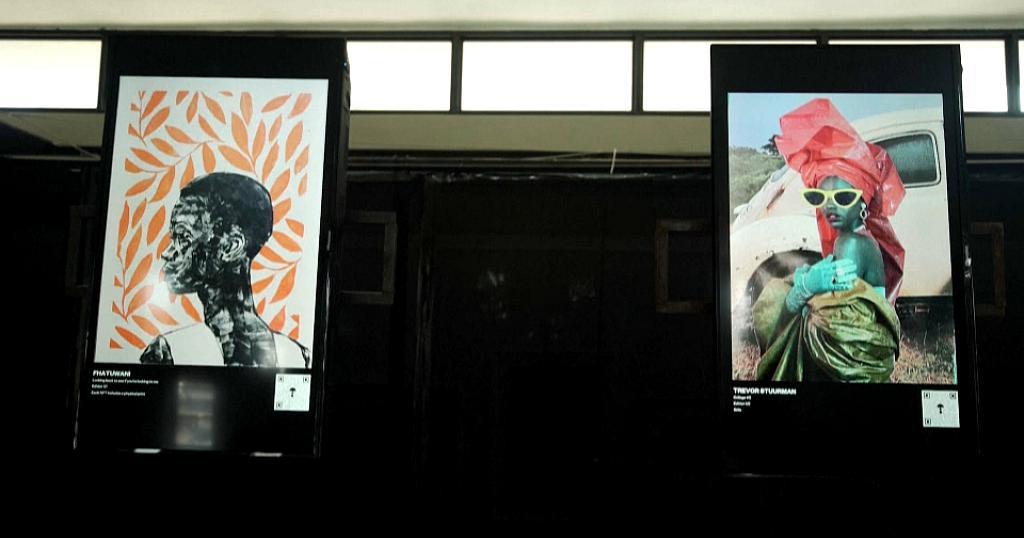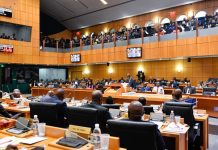Africa-Press – Botswana. South African artists have embraced new technologies and are selling their works as non-fungible tokens or NFTs.
NFT’s use the same technology as crypto-currencies such as Bitcoin. Many artists are keen to take the opportunity to evolve with the times.
“…I actually think it’s a great opportunity for me to be playing in that sphere. The world is constantly evolving, and there’s a quote I like to reference a lot, were it says: ‘adapt or die’. I’m a very traditional artist, but I realise that if I’m just going to hold on to what I know, the bus is going to miss me. (…) “I think the most amazing thing with this digital space is it makes us compete completely at the same time with everyone in the world. Things used to be slow, you know, trends would start in America and would get to us a year later or two years later. Now we are current, so we are in the future, we are literally the same as any first world country” says South-African artist Fhatuwani Mukheli.
When an artist sells an artwork, the buyer receives a verified digital token, which proves the artwork is an original.
The advantage for the artists is that every time the artwork is sold they receive a part of every future sale.
“I think it’s quite exciting for that, and to open the gateways for artists who want to make the change and want to experience the best of the physical and the digital world of art”, admits Dan Portat, an artist and founder of The Tree platform through which artists can sell their works.
“The blockchain is created to make sure that the authenticity stays the same. If a thousand people buy your artwork, it will still be written on the blockchain that you are the artist and you get commissioned from every sale you know”, concludes Fhatuwani Mukheli who has already sold two works of art as NFTs.
Many however are concerned with the environmental impact of NFTs, namely the vast amounts of energy it uses to verify the authenticity of digital tokens.
Tech watchdog estimates that Ethereum uses as much electricity as all of the Netherlands, with a carbon footprint comparable to Singapore’s.
For More News And Analysis About Botswana Follow Africa-Press






